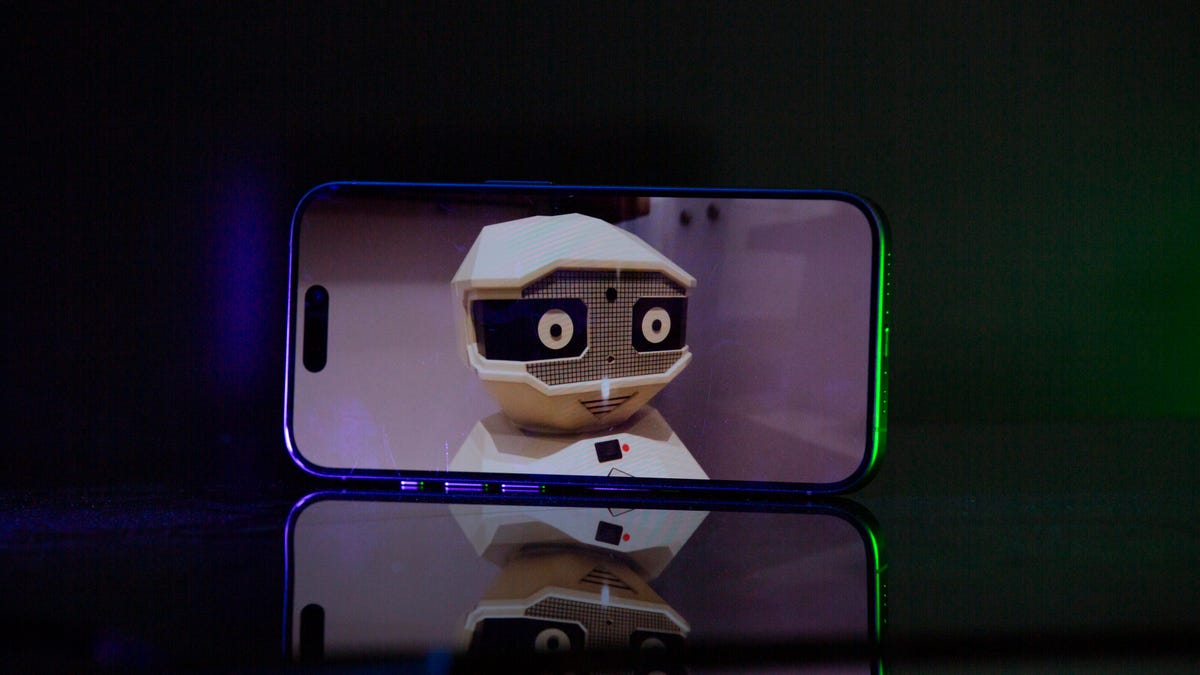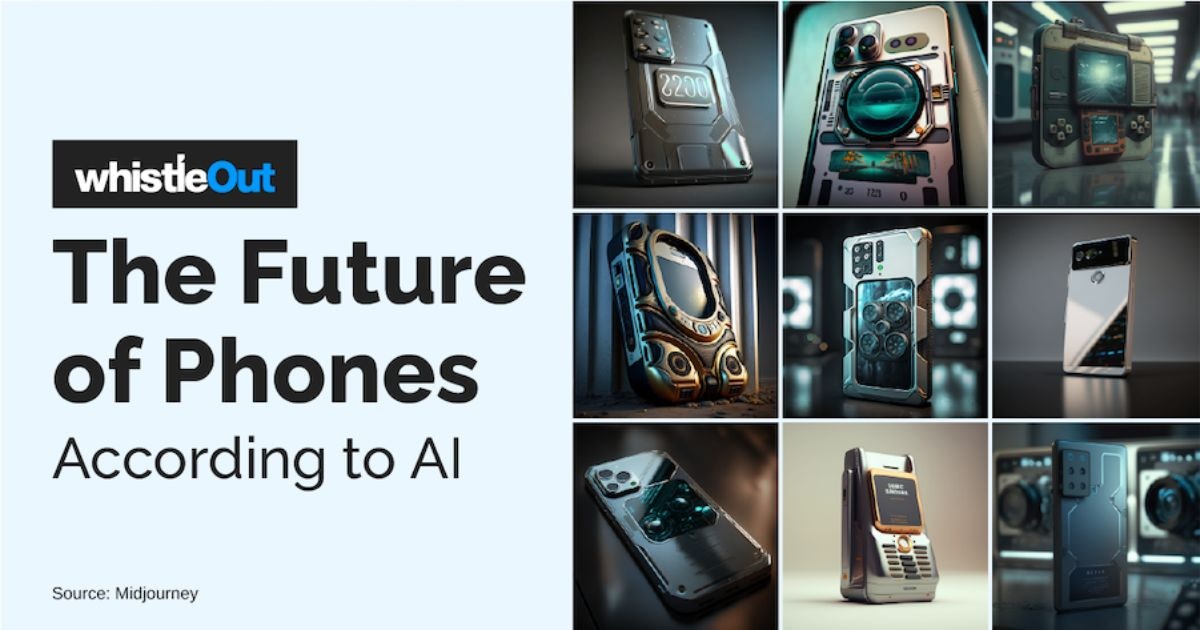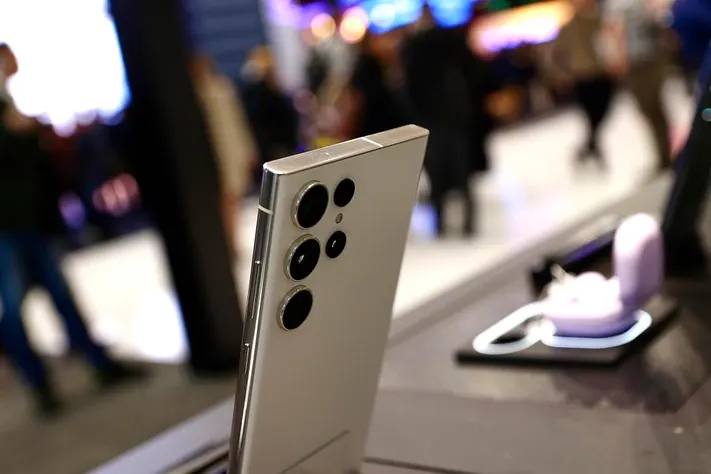Unstoppable AI-Powered Smartphones: The Future of Mobile Technology
Estimated reading time: 7 minutes
Key Takeaways
- AI is transforming smartphones, making them learn, adapt, and anticipate user needs.
- AI camera enhancements like computational photography and scene recognition are revolutionizing mobile imaging.
- Voice assistants are becoming more intuitive, understanding context and supporting multiple languages in real-time.
- AI-driven battery optimization techniques extend battery life and improve device longevity.
- On-device AI processing is boosting performance and addressing privacy concerns.
- Future developments include generative AI for content creation, proactive health monitoring, and hyper-personalized user experiences.
Table of Contents
- Introduction to AI in Smartphones
- AI Camera Enhancements: Revolutionizing Mobile Photography
- AI Voice Assistants: Smarter, Faster, and More Intuitive
- AI-Driven Battery Optimization: Maximizing Efficiency
- The Rise of “Unstoppable AI-Powered Smartphones”: A Holistic View
- Future of AI in Smartphones
- Conclusion
- Frequently Asked Questions
Introduction to AI in Smartphones
Unstoppable AI-powered smartphones are no longer a futuristic concept—they’re here, reshaping how we interact with our devices. Artificial Intelligence (AI) refers to algorithms that enable smartphones to learn, adapt, and perform tasks autonomously. From predictive typing to real-time translation, AI transforms these devices into multi-functional tools that anticipate our needs.

For example, AI analyzes your app usage to suggest shortcuts or curates personalized playlists based on your music preferences. According to STL Partners, this shift is driven by “AI’s ability to process vast data sets in milliseconds,” enhancing user experiences. Similarly, SimplePhones highlights how AI turns smartphones into “24/7 personal assistants.”
In this blog, we’ll explore how AI camera enhancements, voice assistants, and battery optimization are redefining mobile technology. Let’s dive in.
AI Camera Enhancements: Revolutionizing Mobile Photography
Keywords: AI camera enhancements, AI in smartphones

Computational Photography: Beyond Basic Snapshots
Modern smartphone cameras use computational photography, an AI-driven technique that merges multiple shots to optimize lighting, exposure, and detail. For instance, Google’s Night Sight captures clear photos in near-darkness by combining long-exposure images. Learn how to maximize these tools with our guide on How to Improve Your Smartphone Photography Skills.
Scene Recognition: Smarter Auto-Adjustments
AI-powered scene recognition identifies scenarios like sunsets, food, or portraits and adjusts settings automatically. According to Aithority, this feature “eliminates guesswork, letting users focus on framing their shots.” Innovations like Samsung’s 200MP ISOCELL Camera Sensor further push the boundaries of AI-driven photography.
Real-Time Editing: Fix Flaws Instantly
Tools like Samsung’s Object Eraser and Google’s Magic Editor use AI to remove photobombers or refine shadows in seconds. TechArc notes that these tools “democratize professional editing skills.”
User Benefits:
- Solve low-light challenges without a DSLR.
- Simplify complex edits like background blurring.
- Create artistic filters tailored to your style.
ProEdu adds that AI helps photographers “experiment boldly, knowing the tech has their back.”
AI Voice Assistants: Smarter, Faster, and More Intuitive
Keywords: AI voice assistants, AI in smartphones
Contextual Understanding: Conversations, Not Commands
Voice assistants like Siri and Google Assistant now analyze your habits to deliver personalized responses. For example, asking, “What’s my schedule today?” triggers a summary of meetings, traffic updates, and even suggested departure times. Pair these with AI-Powered Productivity Apps to supercharge your workflow.
Multilingual Support: Break Language Barriers
AI enables real-time translation during calls or messages. Imagine texting a colleague in Mandarin while your phone converts it to English—seamlessly. The Fix Solutions highlights how this feature “bridges global communication gaps.”
Use Cases:
- Control smart home devices hands-free.
- Set reminders based on location (e.g., “Remind me to buy milk when I leave work”).
- Adjust message tones from formal to casual using AI.
SimplePhones notes that voice tech is becoming “the ultimate productivity hack.”
AI-Driven Battery Optimization: Maximizing Efficiency
Keyword: AI-driven battery optimization

Machine Learning: Predict and Prioritize
AI studies your app usage patterns to allocate power efficiently. If you scroll Instagram daily at 8 PM, your phone ensures it’s fully loaded by then. Check out our list of Smartphones with the Longest Battery Life to see how AI complements hardware advancements.
Background Process Control: Silence Battery Drainers
AI limits background activity for apps you rarely use. For example, Uber won’t track your location unless opened. ProEdu states this reduces “phantom drain” by up to 20%.
Adaptive Charging: Extend Battery Lifespan
Your phone learns your charging habits. If you plug in overnight, AI slows charging to 80% until morning, preventing overloading. AlphaSoftware calls this “a game-changer for long-term device health.”
User Impact:
- Stream all day without hunting for outlets.
- Keep older phones functional longer.
The Rise of “Unstoppable AI-Powered Smartphones”: A Holistic View
Unstoppable AI-powered smartphones integrate features like smarter cameras, voice assistants, and adaptive batteries to deliver seamless experiences.

On-Device AI Processing: Speed and Privacy
Apple’s Neural Engine and Google’s Tensor chips process data locally, boosting speed and security. STL Partners argues this “reduces reliance on cloud servers, minimizing privacy risks.”

Ethical Considerations: Balancing Innovation and Responsibility
As AI grows ubiquitous, concerns about data misuse persist. Transparency in data collection and user consent are critical. CNET warns, “Without ethical guardrails, AI’s potential could backfire.”
Future of AI in Smartphones
Keywords: AI in smartphones, unstoppable AI-powered smartphones

Generative AI: Instant Creativity
Imagine generating memes or editing videos using text prompts. STL Partners predicts generative AI will “turn every user into a content creator.” Explore more in our breakdown of Cutting-Edge AI Technologies.
Proactive Health Monitoring
Future smartphones could analyze biometric data from wearables to detect irregular heart rates or stress levels. AlphaSoftware envisions “AI as your 24/7 health companion.”
Hyper-Personalization
Apps may redesign their interfaces based on your habits—for example, prioritizing Spotify if you’re a music lover.

Conclusion

Unstoppable AI-powered smartphones are revolutionizing mobile tech through smarter cameras, intuitive voice assistants, and efficient batteries. These advancements boost productivity, creativity, and convenience, making AI indispensable.
Embrace these innovations to stay ahead in a fast-evolving digital world. The future isn’t just bright—it’s AI-powered.
Frequently Asked Questions
1. What exactly is AI in smartphones?
AI in smartphones refers to algorithms and machine learning models integrated into the device’s hardware (like dedicated AI chips) or software. These allow the phone to learn user behavior, automate tasks, understand natural language, enhance photos, optimize performance, and provide personalized experiences without constant human input.
2. How does AI improve smartphone cameras?
AI significantly boosts camera capabilities through several techniques:
- Computational Photography: Merging multiple frames for better dynamic range, detail, and low-light performance (e.g., Night Mode).
- Scene Recognition: Automatically identifying the subject (food, landscape, pet) and optimizing settings like color and contrast.
- Real-Time Editing: Enabling features like object removal, background blur (portrait mode), and instant image enhancement.
3. Are AI voice assistants becoming truly conversational?
Yes, AI voice assistants are moving beyond simple command-response interactions. They are increasingly capable of understanding context within a conversation, remembering previous interactions, processing complex requests, and even adapting their tone. Features like real-time translation further enhance their utility, making them more intuitive and conversational communication tools.
4. How does AI help extend my phone’s battery life?
AI optimizes battery usage by learning your habits. It predicts which apps you’ll use and when, allocating power resources more efficiently. It also identifies and limits background processes for apps you rarely use (“phantom drain”). Furthermore, adaptive charging features learn your charging patterns (like overnight charging) and adjust the charging speed to preserve long-term battery health.
5. What are the privacy concerns with AI on smartphones?
Privacy concerns arise because AI often requires access to personal data (location, usage patterns, contacts, etc.) to function effectively. Key issues include how this data is collected, stored, and potentially shared. The trend towards on-device AI processing helps mitigate some risks by keeping data localized rather than sending it to the cloud. However, transparency from manufacturers about data usage and strong user consent mechanisms remain crucial ethical considerations.







